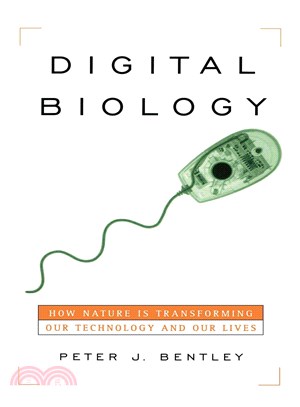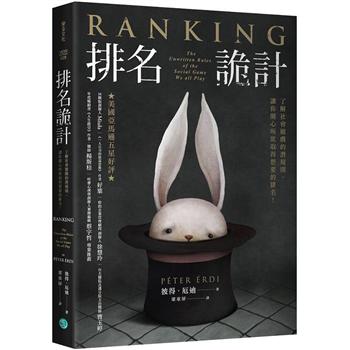Imagine a future world where computers can create universes -- digital environments made from binary ones and zeros. Imagine that within these universes there exist biological forms that reproduce, grow, and think. Imagine plantlike forms, ant colonies, immune systems, and brains, all adapting, evolving, and getting better at solving problems. Imagine if our computers became greenhouses for a new kind of nature. Just think what digital biology could do for us.Perhaps it could evolve new designs for us, think up ways to detect fraud using digital neurons, or solve scheduling problems with ants. Perhaps it could detect hackers with immune systems or create music from the patterns of growth of digital seashells. Perhaps it would allow our computers to become creative and inventive.
Now stop imagining.
digital biology is an intriguing glimpse into the future of technology by one of the most creative thinkers working in computer science today. As Peter J. Bentley explains, the next giant step in computing technology is already under way as computer scientists attempt to create digital universes that replicate the natural world. Within these digital universes, we will evolve solutions to problems, construct digital brains that can learn and think, and use immune systems to trap and destroy computer viruses.
The biological world is the model for the next generation of computer software. By adapting the principles of biology, computer scientists will make it possible for computers to function as the natural world does. In practical terms, this will mean that we will soon have "smart" devices, such as houses that will keep the temperature as we like it and automobiles that will start only for drivers they recognize (through voice recognition or other systems) and that will navigate highways safely and with maximum fuel efficiency. Computers will soon be powerful enough and small enough that they can become part of clothing. "Digital agents" will be able to help us find a bank or restaurant in a city that we have never visited before, even as we walk through the airport. Miniature robots may even be incorporated into our bodies to monitor our health.
Digital Biology is also an exploration of biology itself from a new perspective. We must understand how nature works in its most intimate detail before we can use these same biological processes inside our computers. Already scientists engaged in this work have gained new insights into the elegant simplicity of the natural universe.
This is a visionary book, written in accessible, nontechnical language, that explains how cutting-edge computer science will shape our world in the coming decades.










